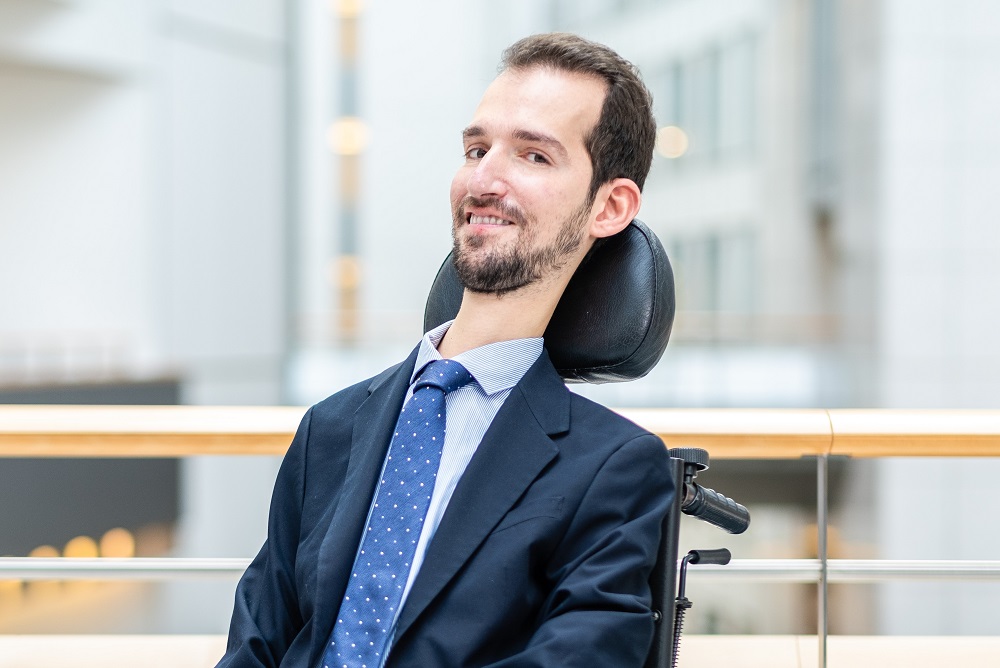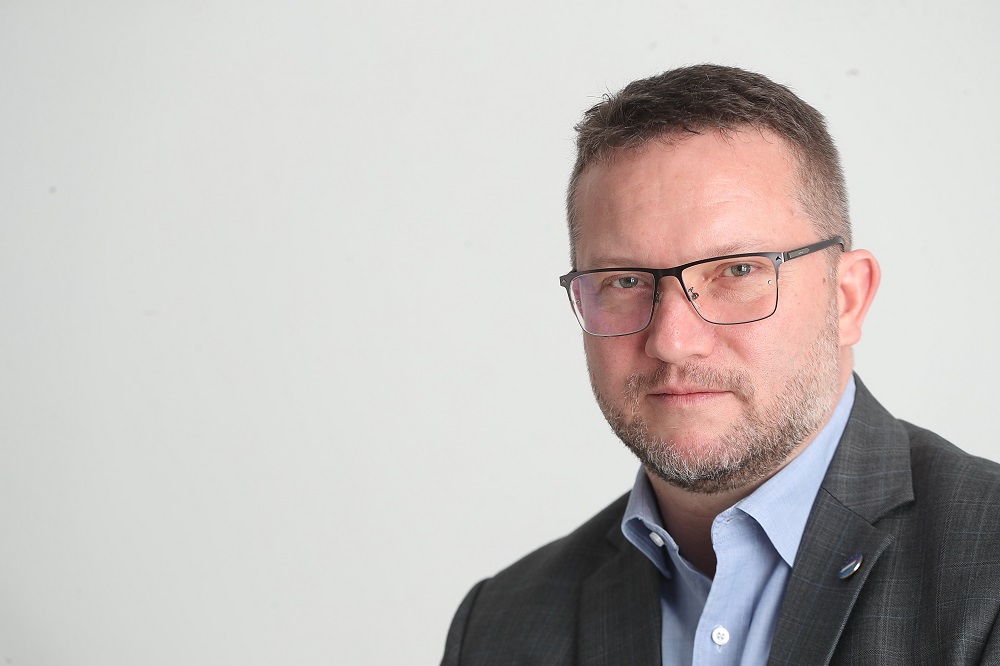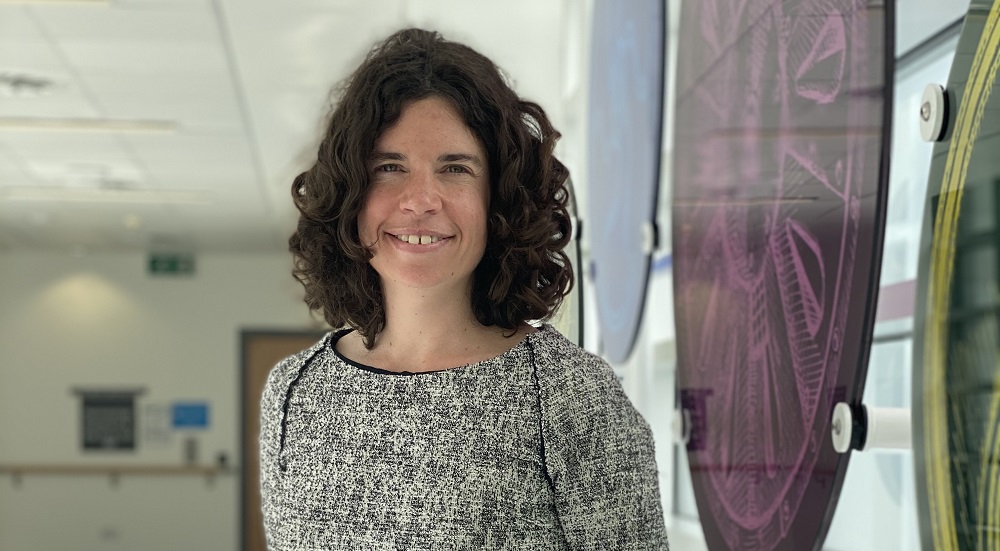We all have friends, colleagues or family members who suffer from a disease, and for some this might be a rare disease. More than 7,000 rare diseases affect up to 36 million European patients and more than 300 million globally. Only 5% of these diseases have an approved treatment. Rare diseases are often not understood, properly diagnosed or treated which makes people living with a rare disease often invisible in the healthcare systems.
“For many people living with a rare disease and their caregivers the future is full of uncertainties, from the onset of their first symptoms to treatment. For a matter as serious as life and death, the rare disease community has the right to benefit from policy frameworks and action plans which helps address their medical needs” argues Jordi Cruz, President of the Asociación de Hemoglobinuria Paroxística Nocturna, Spain.
Twenty years ago, the EU took a collective action to support research and development of therapies for the rare disease community. Since then, considerable advancements have been made and these are directly linked to the enactment of the European Orphan Medicinal Products (OMP) and Paediatric Regulations, which incentivised the development of almost 200 new medicines. The upcoming revisions of the OMP regulation as well as that of the General Pharmaceutical Legislation present critical opportunities to boost scientific and technological advancements that can serve even more patients across the EU.
“Due to the nature of rare diseases, collaboration is fundamental to support a research ecosystem enabling scientific breakthroughs and the development of new treatments addressing the many unmet medical needs of patients” explains Dr Morag Griffin, Haematologist PNH Specialist at the Leeds Teaching Hospital in the United Kingdom.
Rare diseases are so complex to diagnose and treat that it is key to have more multi-stakeholder dialogue structures at EU and national level available, between health authorities, patient representatives, developers and clinicians. These dialogues could enable a continuous understanding of the disease and support the development of individualised approaches to address the multitude and diversity of medical needs.
To generate more results for the rare disease community, we as policy makers need to design patient centric policies, for example, where patient reported outcomes are accepted as surrogate endpoints in clinical trials. Furthermore, a patient centric ecosystem in Europe could enhance research and development programmes that yield better outcomes for patients. Finally, innovation needs to be accessible. Currently, innovative rare disease therapies are available in only a fraction of member states because national Health Technology Assessment (HTA) frameworks often don’t consider rare disease specificities and the medical context. The EU HTA Regulation can uphold the promise of a faster and more equitable access for rare disease patients and potentially solving the access equation.
Initiatives like Partnering4PNH is looking to address the previous challenges for one rare disease, namely PNH, by formulating policy recommendations grounded in the experience of patients and expertise of healthcare professionals and industry.
In celebration of the World Rare Disease Day 2023, Partnering4PNH is organising the event Addressing the unmet medical needs for people living with a rare disease: What will it take? it the European Parliament on 1 March 2023 from 2.30 to 4 pm. Please join us for a discussion with a multidisciplinary panel on how to get one step closer to address the unmet needs of the rare disease patient community.
 MEP Stelios Kympouropoulos
MEP Stelios Kympouropoulos
 MEP István Ujhelyi
MEP István Ujhelyi
 Jordi Cruz Villalba
Jordi Cruz Villalba
 Dr Morag Griffin
Dr Morag Griffin
Sign up to The Parliament's weekly newsletter
Every Friday our editorial team goes behind the headlines to offer insight and analysis on the key stories driving the EU agenda. Subscribe for free here.